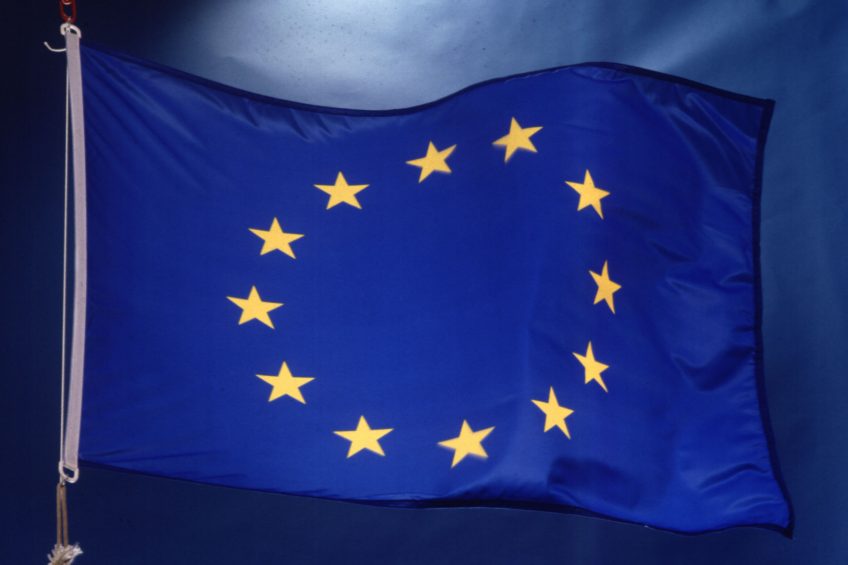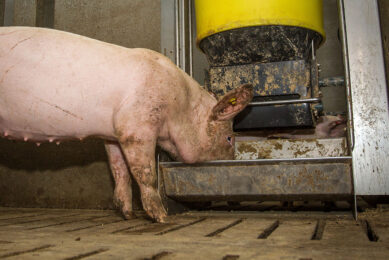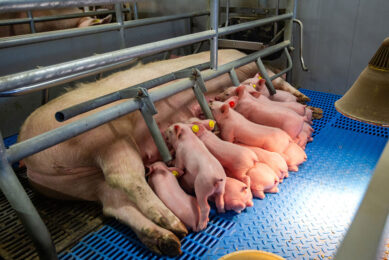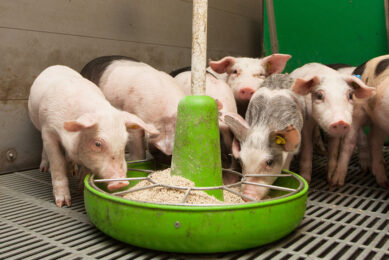ZnO ban may be re-examined as advice gets challenged

The process of banning the use of zinc oxide in piglet production in the European Union may be delayed, as an initial opinion may have to be re-examined.
The road towards banning zinc oxide (ZnO) appears to become a long and winding one, as even Europe’s first steps have already come across substantial protests and resistance. Not only have various organisations in e.g. Denmark and the UK criticised the advice that was given about the future of ZnO in pig production, now also the formal advice procedure is being targeted.
ZnO potentially harming the environment
The issue of zinc oxide (ZnO) was put on the agenda in December 2016. The Committee for Medicinal Products for Veterinary Use (CVMP), part of the European Medicines Agency (EMA), scrutinised the feed additive earlier this month after it had been pointed out by France and the Netherlands that ZnO could potentially harm the environment.
The committee concluded that ‘overall the benefit-risk balance for the product’ is negative, “as the benefits of zinc oxide for the prevention of diarrhoea in pigs do not outweigh the risks for the environment.”
The CVMP’s opinion matters, as once final, it is sent as a recommendation to the European Commission. This body will have to make a final decision and is likely to follow recommendations given by the CVMP.
Request for re-examination
In a letter from earlier this month, the EMA reported that in total, 4 requests for re-examination were sent to the CVMP, by aniMedica; Huvepharma; DSM and Provimi; and a range of 12 European animal health companies from e.g. Spain, Portugal, Italy, Czech Republic, Poland and Denmark.
Detailed grounds for the re-examination are yet to be received. In the letter, the EMA wrote, “Following the receipt of the grounds for re-examination, the CVMP will consider whether its opinion should be revised.”
 Beheer
Beheer








 WP Admin
WP Admin  Bewerk bericht
Bewerk bericht